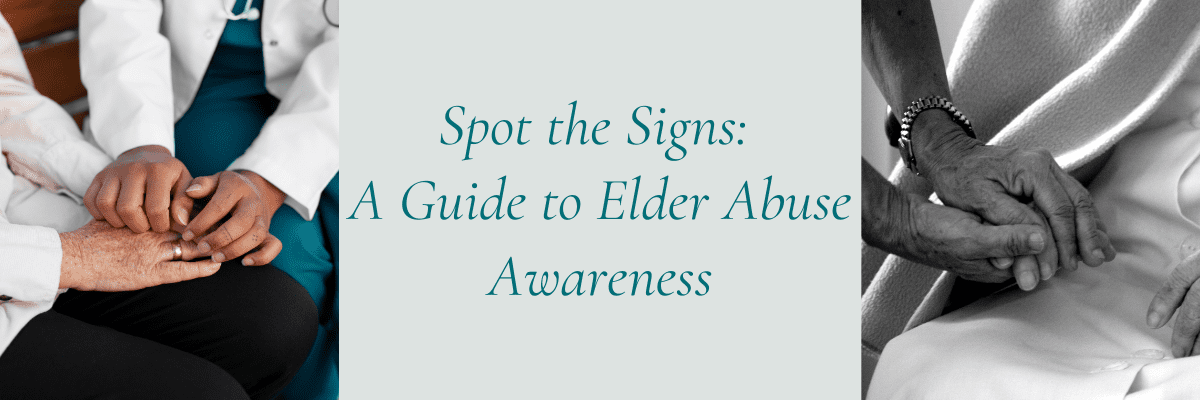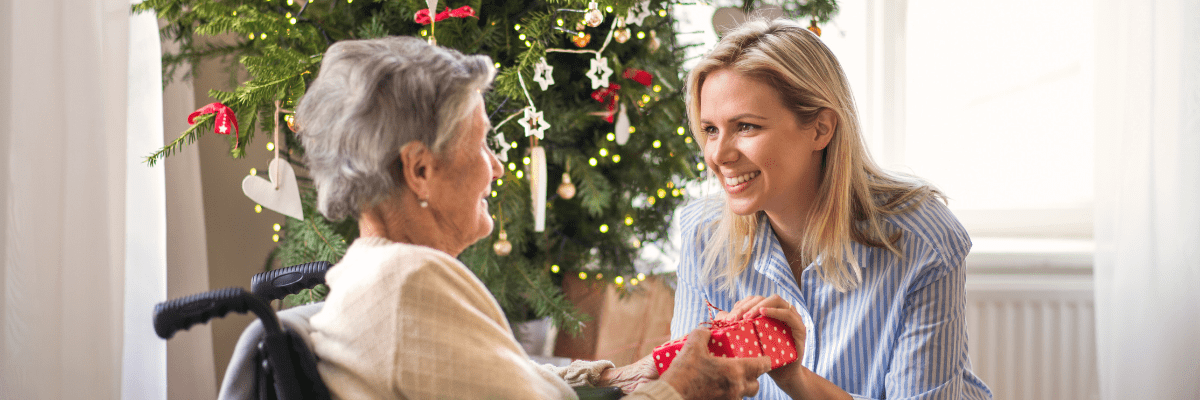June 15 marks World Elder Abuse Awareness Day — a reminder we wish we didn’t need, but one that’s deeply important.
Because elder abuse isn’t rare.
It’s not always loud.
And it doesn’t always come from strangers.
It can happen in any setting — a facility, a family home, or even within a trusted circle of caregivers. And often, it goes unnoticed until real harm has been done.That’s why I’m sharing this today — not to alarm, but to empower. As someone who has worked in this industry for years, I’ve seen what happens when people are unsure or afraid to speak up. And I’ve also seen the power of early action and community awareness.
What to Watch For
Elder abuse takes many forms — physical, emotional, financial, or neglectful. Here are some common red flags:
Physical or Emotional Changes
- Unexplained bruises or repeated injuries
- Withdrawal from social situations
- Sudden mood swings, fearfulness, or depression
Financial Red Flags
- Unusual bank withdrawals or unpaid bills
- Abrupt changes in wills or power of attorney
- Missing possessions or funds
Neglect or Lack of Care
- Poor hygiene or untreated medical issues
- Malnutrition, dehydration, or bedsores
- Unsafe or unsanitary living conditions
These signs can be subtle. But subtle doesn’t mean harmless.
What You Can Do — Even if You’re Not Sure
1. Trust your instincts.
If something feels “off,” don’t ignore it. You don’t have to have proof to ask questions.
2. Speak gently, but speak.
Ask the older adult how they’re feeling. Create space for them to share — without pressure or judgment.
3. Loop in professionals.
Talk to a Care Manager, healthcare provider, or call Adult Protective Services if there’s an immediate concern. You’re not overreacting by taking action — you’re protecting someone’s dignity and safety.
How Arosa Can Help
At Arosa, we believe elder abuse prevention starts with education, trust, and proactive care.
Our Care Managers are trained to notice red flags, advocate for vulnerable adults, and coordinate care that keeps safety and respect at the center. We’re not just here for the big emergencies — we’re here for the early signs, the quiet gut feelings, the moments when something just doesn’t feel right.
Because every older adult deserves to age in a way that’s safe, supported, and seen.
Final Thought
Elder abuse is hard to talk about. But not talking about it doesn’t make it go away.
So if you’re noticing changes, feeling unsure, or just want a second set of eyes on a situation — reach out. We’ll listen. We’ll help. We’ll walk through it with you.
Because awareness is the first step — and action is the next.

Written by Lauren De Young
Director of Marketing & Business Development at Arosa
Lauren has worked in the elder care field for over a decade, with experience spanning home care leadership, hospice education, and Care Management. She also served as an enrollment specialist with a nonprofit PACE (Program of All-Inclusive Care for the Elderly) program, helping marginalized older adults navigate complex care systems with dignity and compassion.
With a degree in medical anthropology, Lauren brings a unique perspective to her work—one that recognizes care as both clinical and deeply human. Her academic background helps her connect agencies, bridge communication gaps, and support more collaborative, culturally informed models of care.
Lauren’s journey with Arosa began personally, when she sought Care Management support for her mother, who lives with dementia. The experience inspired her to join the Arosa team, driven by a deep belief in the organization’s mission and values. Today, she’s proud to help build partnerships that improve the aging experience for families and professionals alike.



